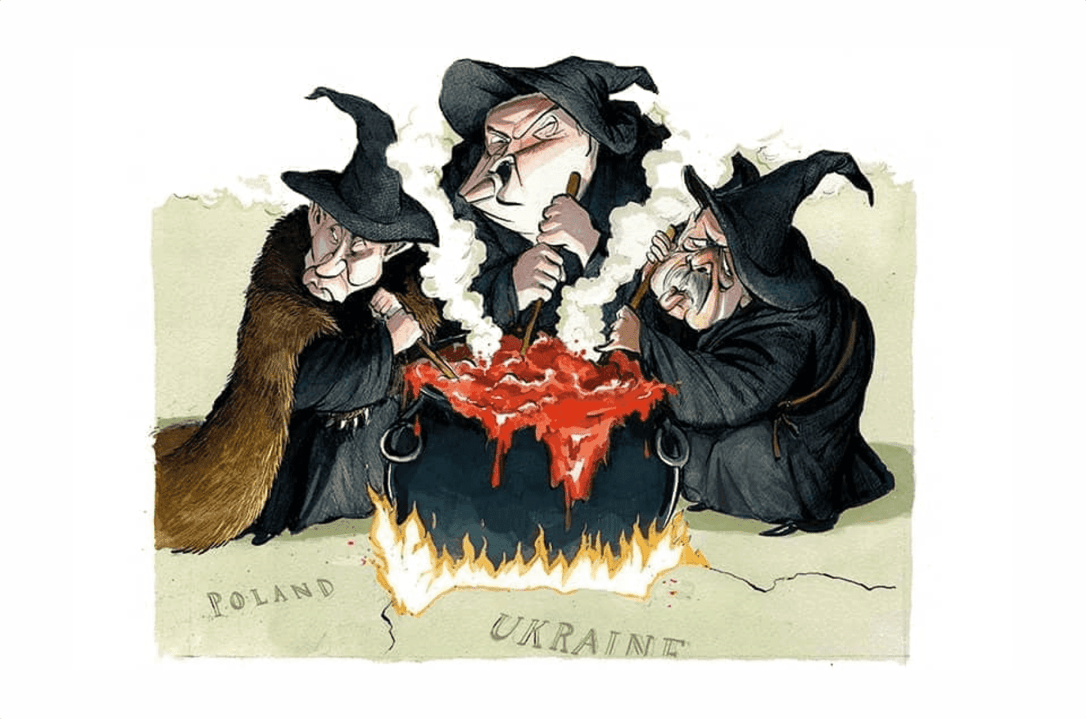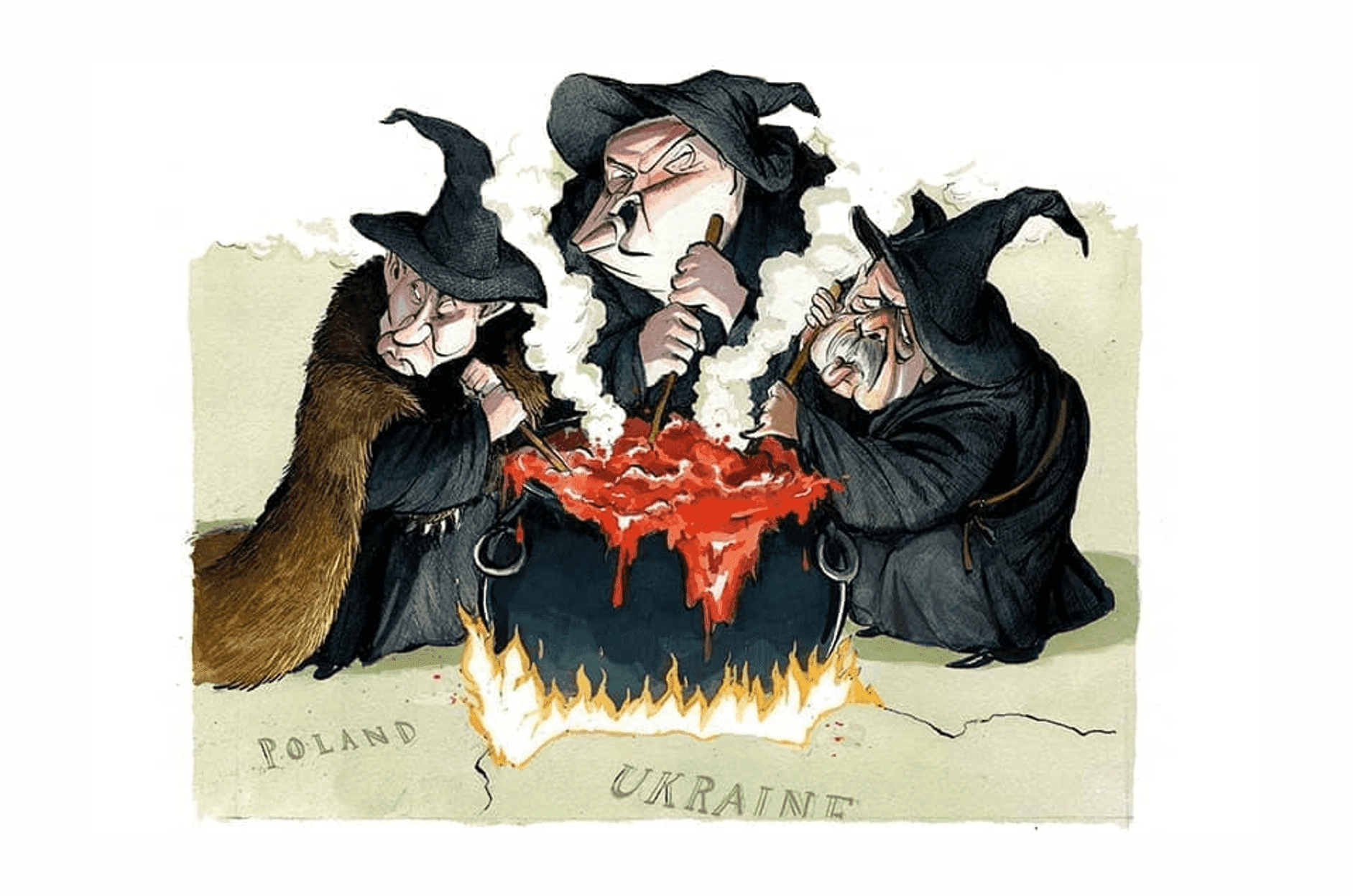Joe Biden’s foreign policy has been driven by two objectives: to revive the US-led alliance system that atrophied under Donald Trump and to clear the decks to allow for a new focus on China. This requires America’s allies doing more elsewhere to free the US up for the task of preventing Beijing from achieving regional hegemony in Asia.
America has been moving in this direction for some time: Barack Obama spent his presidency talking about an Indo-Pacific pivot. Yet every time the US has tried to get out of a region, it’s been pulled back. One of the reasons that Biden was so determined to withdraw from Afghanistan — despite the chaos that would inevitably ensue — was to show his willingness to jettison other priorities to focus on great power competition with China.
Events, though, might be about to intervene again. On 15 November, Biden and Xi Jinping held a virtual summit — to talk about how to avoid stumbling into war — or, as the US President put it, the need for ‘guardrails to ensure that competition does not veer into conflict’ and ‘to keep lines of communication open’. This brought to mind the Cold War hotline between Washington and Moscow that Kennedy and Khrushchev set up after the Cuban missile crisis. As befits a cold war, America is now moving towards a diplomatic boycott of the coming Beijing Winter Olympics.
Yet nothing that came out of this summit could match the drama of what Antony Blinken, Biden’s Secretary of State, said days before. When asked about the prospects of Russia invading Ukraine, he voiced his fears that ‘Russia may make the serious mistake of attempting to rehash what it undertook back in 2014 when it amassed forces along the border, crossed into sovereign Ukrainian territory, and did so claiming falsely that it was provoked’.









Comments
Join the debate for just £1 a month
Be part of the conversation with other Spectator readers by getting your first three months for £3.
UNLOCK ACCESS Just £1 a monthAlready a subscriber? Log in